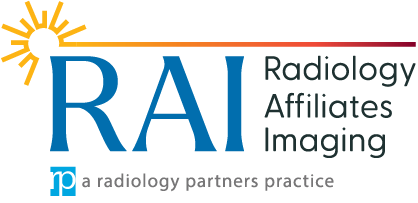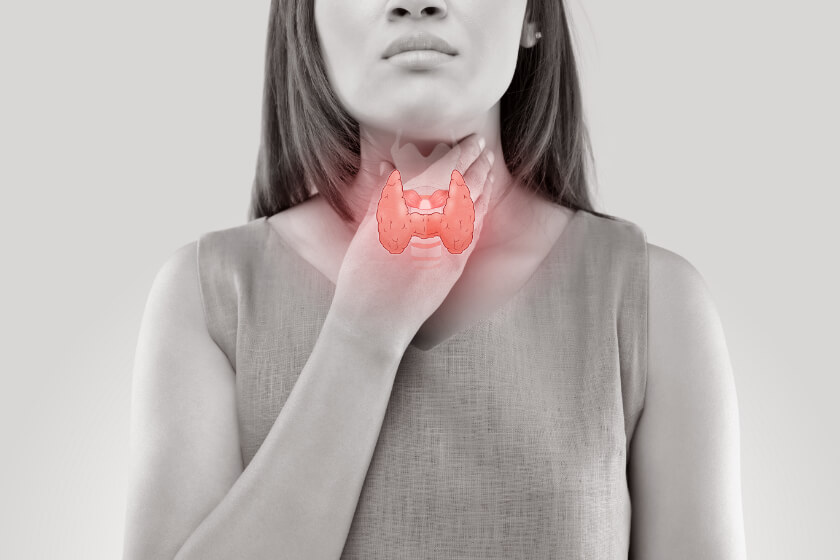
November is Lung Cancer Awareness Month

November is Lung Cancer Awareness Month, which makes it a great time to learn about this serious disease and discover ways to prevent it.
About Lung Cancer
Cancer is a condition in which abnormal cells grow at a rapid pace to cause tumors. Lung cancer, then, is a disease in which abnormal cells grow in lung tissue. In time, these lung cancer cells can spread to other areas of the body to create tumors there.
Doctors describe the spread of cancer in stages. In Stage I lung cancer, for example, the lung cancer cells are present only in the lungs. In Stages II and III, the lung cancer cells have spread to nearby tissue and lymph nodes. Stage IV lung cancer is when the lung cancer cells have spread to tissues and organs far away from the lungs.
Lung cancer is the third most common cancer in the United States, according to the Centers for Disease Control and Prevention (CDC). More American men and women die from lung cancer each year than from any other type of cancer – in 2018, lung cancer claimed the lives of an estimated 154,050 people in the nation, according to the American Lung Association.
Many more people are living with the diagnosis. Approximately 541,000 people in the U.S. have received a diagnosis of lung cancer at some time in their lives; most of those living with lung cancer had received their diagnosis within the previous five years. More than half of those diagnosed with lung cancer die within the first year.
While lung cancer claims thousands of lives each year, many patients survive. Doctors often use statistics, known as survivor rates, to describe the percentage of people who survive a certain type and stage of cancer for a specific amount of time. The 5-year survival rate for lung cancer is 56 percent for those diagnosed with the disease in its earliest stages; this means more than half of lung cancer patients live for five years or longer when diagnosed before the cancer has spread to other areas of the body. The 5-year survival rates drop to 5 percent when diagnosed after the cancer has spread to other organs and tissues far away from the lungs.
Clearly, early detection is essential to a good outcome. Access to quality lung cancer treatment is also important.
Diagnosis, Screening and Early Detection of Lung Cancer
Doctors use a variety of tests to diagnose lung cancer. X-rays can reveal an abnormal mass or tumor, for example, while a laboratory can examine a sputum sample for the presence of lung cancer cells. Doctors that see a mass on an x-ray and find lung cancer cells in sputum may order a tissue sample, known as a biopsy; a laboratory can examine the tissue sample to determine if it is cancer.
Screening can help doctors detect signs of lung cancer early, before patients develop symptoms of lung cancer. This screening uses low-dose computed tomography (LDCT) to scan the chest and look for changes in the lung tissue and other signs, known as biomarkers, associated with the development of lung cancer.
LDCTs use up to 90 percent less radiation than do standard computed tomography (CT) scans, but they are accurate enough to detect a wide variety of abnormal changes. Detection of these changes can help a healthcare provider determine the best course of preventing care to help an individual patient reduce his or her chances of developing lung cancer.
“Am I a good candidate for lung cancer screening?”
Not everyone needs screening for lung cancer. In fact, doctors typically prefer to reserve lung cancer screening for those men and women who are at higher risk for developing the disease. Risk factors that can make you a good candidate for lung cancer screening include:
- Being 55 years of age or older, and are a current or former smokers
- Being a former heavy smoker who quit the habit within the past 15 years
- Having been a heavy smoker for many years, usually determined by “pack years,” which is the number packs you smoked per day multiplied by the number of years that you smoked
- Having past exposure to asbestos, radon or other cancer-causing agents
- Having a family history of lung cancer
- Having a chronic lung disease or another type of cancer resulting from smoking
While LDCT uses low doses of radiation for lung cancer screening, it may not be the best choice for those with specific medical conditions or for women who are pregnant. If you are concerned about developing lung cancer, consult with your doctor during Lung Cancer Awareness Month this November to find out if you are a good candidate for breast cancer screening.




